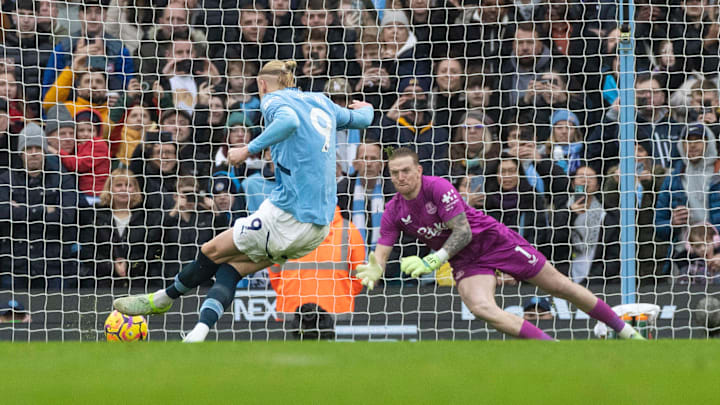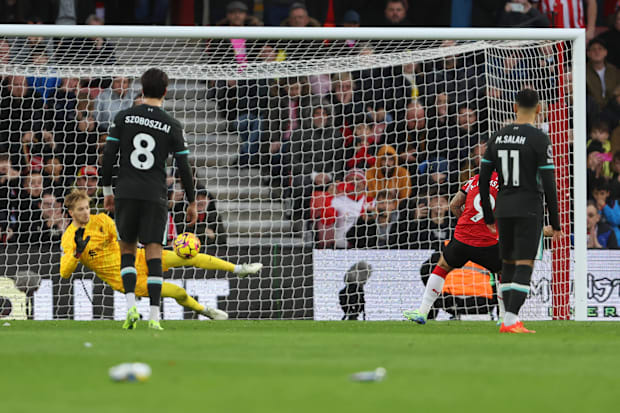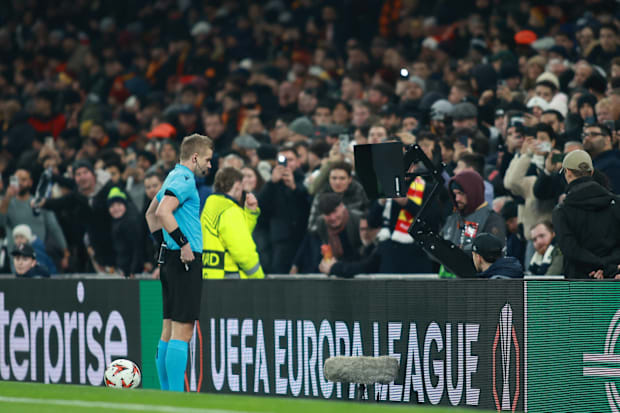IFAB Prepares to Revolutionize Soccer with Game-Changing Rule Updates for Next Season

Iconic Liverpool boss Bill Shankly famously declared that "football is a simple game complicated by idiots."
The Scottish manager's blunt observation remains relevant decades after he first spoke those words. At the time, Shankly was probably targeting the over-analyzers and pseudo-intellectuals eager to implement intricate tactical concepts that few could grasp.
Yet, it's not only those who study and evaluate the game who can be blamed for making football unnecessarily complex. Rule-makers have frequently struck the right balance with regulatory modifications, including the implementation of red and yellow cards in 1970 and the back-pass regulation in 1992 among the significant law changes that proved to substantially enhance the sport over time.
However, we now appear to be entering a phase where rules are being altered simply for the sake of change. Almost annually, an unusual new idea surfaces—likely originating from Arsène Wenger's imagination. The most recent reported suggestions from the International Football Association Board (IFAB) aren't exactly groundbreaking, but they're unlikely to gain widespread approval. UEFA has already expressed their concerns.
Below are the two possible rule modifications IFAB is evaluating ahead of the 2026 World Cup.
"Dead" Ball After Penalty Save

The most significant of IFAB's potential modifications centers on the penalty kick, which, according to the rule-makers, already provides the attacking side with an excessive advantage.
Therefore, IFAB is suggesting to declare the ball "dead" if the goalkeeper stops the original penalty attempt. There would be no opportunity for the attacking team to capitalize on the save and potentially convert the rebound.
Penalties would become a standalone event, eliminating the complications that occur when players enter the penalty area during the kick.
Expanding VAR's Authority

This proposal isn't strictly a rule modification, but it would dramatically alter how matches are officiated.
VAR hasn't delivered the flawless officiating we desperately desire from referees, but IFAB is considering whether to grant the technology broader authority by permitting it to intervene in other significant decisions, including corner kicks and second yellow cards.
Currently, VAR can only intervene and advise the match referee to review decisions involving direct red cards, penalty kicks and, naturally, goals.
Critics of expanding VAR's influence cite increased game delays as their primary concern. A UEFA representative has stated this modification would be "difficult to accept".
